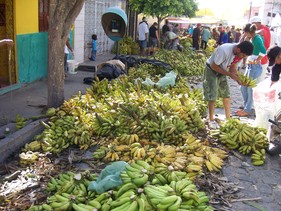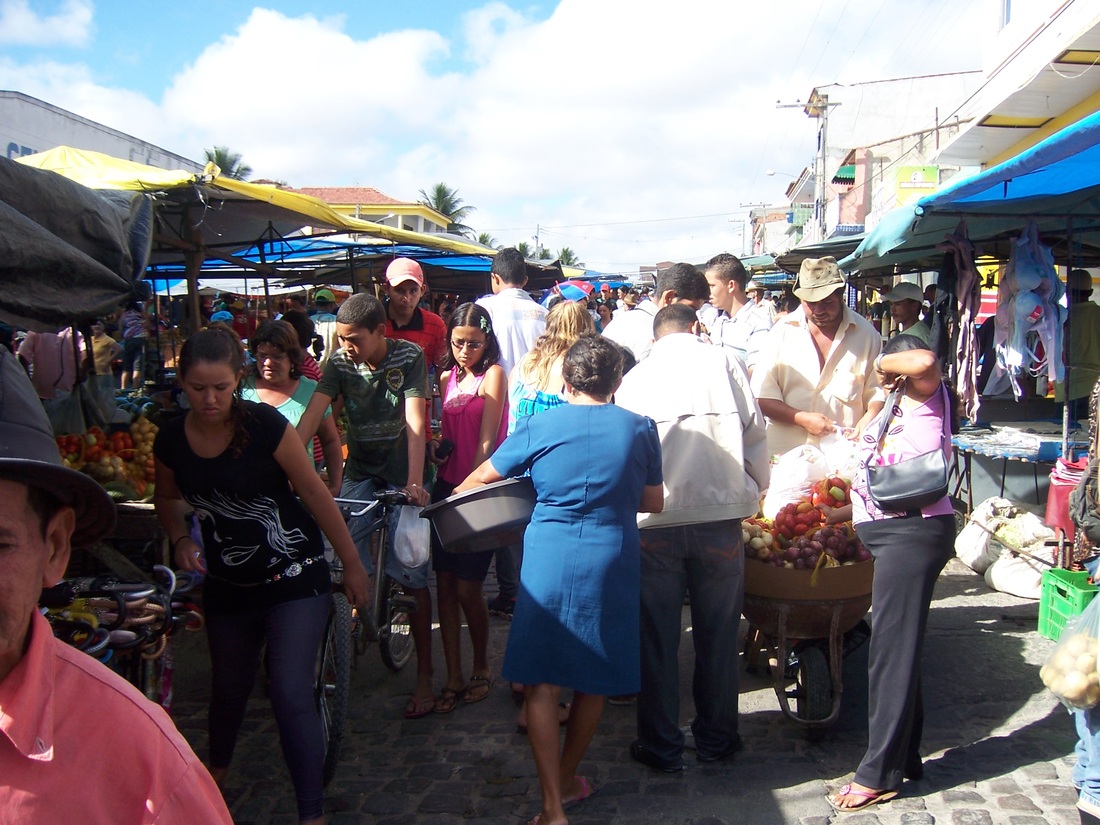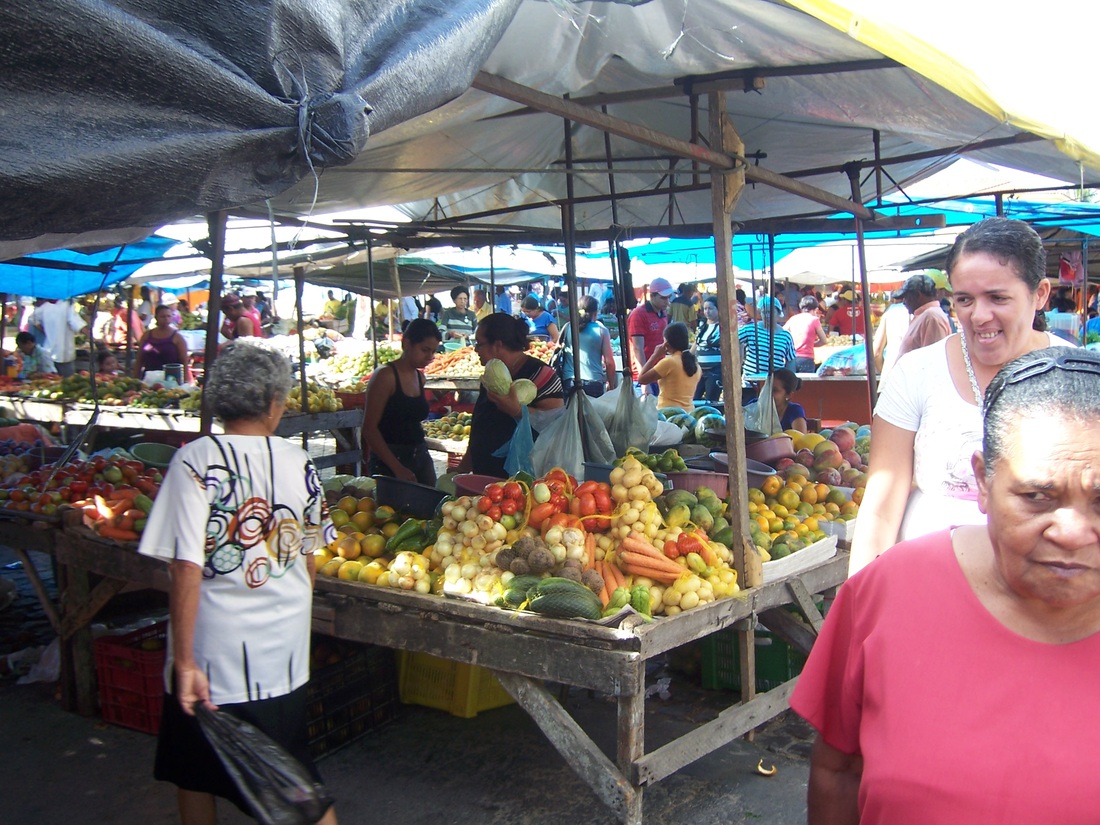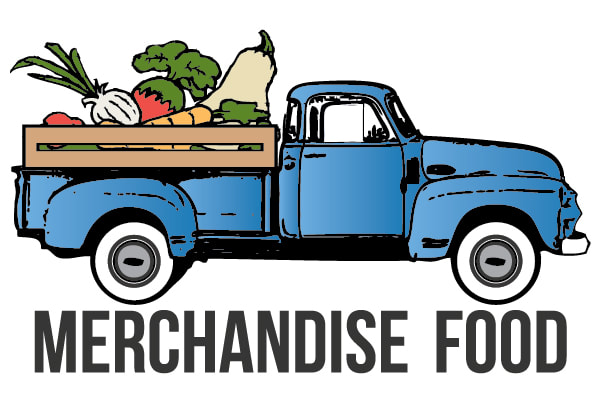
Written by Steven Lockwood:
When I lived in New York State, visiting the farmers markets always seemed like a fun pastime. It was a nice diversion from the normal shopping experience of going to the giant chain grocery store. That’s not the case in northeastern Brazil. The outdoor market (feira) is more of a way of life here. Even small towns have an active feira one day a week. If we miss going to the market in one town on a particular day, we can always go to another one the day after. I love the experience of a trip to the outdoor market in Brazil.
When I lived in New York State, visiting the farmers markets always seemed like a fun pastime. It was a nice diversion from the normal shopping experience of going to the giant chain grocery store. That’s not the case in northeastern Brazil. The outdoor market (feira) is more of a way of life here. Even small towns have an active feira one day a week. If we miss going to the market in one town on a particular day, we can always go to another one the day after. I love the experience of a trip to the outdoor market in Brazil.
From Avocado to Zucchini
The outdoor markets here don’t feature only fruits and vegetables. It’s more of a full shopping and cultural experience. In the city of Lajedo, my wife’s home town, the market transforms several city blocks into a beehive of activity. I remember visiting the Lajedo market on my first trip to Brazil. There was a vendor selling sugarcane juice. He took a cane stalk and cranked it through his old-fashioned grinder. I watched the clear liquid flow out of the bottom into the glass. It was sweet and tasty.
You can buy shoes or sandals at the market. Leather belts and hats are available. If you need a transformer for an electric appliance, you can find that, too. My father-in-law traveled from town to town to sell kitchen appliances at the outdoor markets. My wife remembers going with him to help sometimes when she was a small girl. They would get up in the middle of the night to be ready for customers at dawn.
Some people like to keep caged birds. They’re here, too. There is all manner of what I could only classify as junk. But, of course, one man’s junk …
If you don’t mind plucking feathers, you can buy a live chicken at the market. For me, though, the best part of the Brazilian outdoor markets is the produce. In my
experience, nothing from the farmers markets in the U.S. can compare to it. Choose from giant mounds of bananas. Next door you might find hills of pineapples or watermelons just as tall. It’s necessary to weave your way through the throng of people, all jostling for position in front of the stalls.
You can buy shoes or sandals at the market. Leather belts and hats are available. If you need a transformer for an electric appliance, you can find that, too. My father-in-law traveled from town to town to sell kitchen appliances at the outdoor markets. My wife remembers going with him to help sometimes when she was a small girl. They would get up in the middle of the night to be ready for customers at dawn.
Some people like to keep caged birds. They’re here, too. There is all manner of what I could only classify as junk. But, of course, one man’s junk …
If you don’t mind plucking feathers, you can buy a live chicken at the market. For me, though, the best part of the Brazilian outdoor markets is the produce. In my
experience, nothing from the farmers markets in the U.S. can compare to it. Choose from giant mounds of bananas. Next door you might find hills of pineapples or watermelons just as tall. It’s necessary to weave your way through the throng of people, all jostling for position in front of the stalls.
The hustle and bustle of the Lajedo outdoor market
Culture of the Outdoor Market
A vendor may be shouting out the price of his produce, much like a carnival barker. Down one aisle, young boys or grown men push wheelbarrows through the crowd, offering to haul your purchases back home. At the market in
Neves, a practitioner of an African religion called Candoblé, offers to divine your future through a shell game called jogo de buzios. It’s all part of the culture of the outdoor markets in northeastern Brazil.
Cool weather fruits, such as apples and pears, arrive from as far away as Argentina. Pineapples come from commercial farms in the coastal regions. Much of the produce is grown on local farms. And the variety is impressive. It’s easier for me to mention the vegetables that we see in the U.S. that are not found in northeastern Brazil. Included in that category would be asparagus, Brussels sprouts, kohlrabi and parsnips. Unfortunately, fresh mushrooms are only a dream here. I guess it’s the climate.
We enjoy fresh produce throughout the year because of that fantastic climate. There are times when some items are not as plentiful. But, something is always growing at any given time. The variety of fruits for sale at the outdoor markets is impressive. Bananas come in several varieties that I still have a hard time telling apart. There are small ones and large ones that are especially for eating raw. There are bananas for boiling, and ones that taste delicious fried on the stovetop. Avocados, mangoes,
oranges and limes are plentiful. I’m still learning the names of local fruits that are not available in the U.S. We have cashew fruit, pitanga, acerola, pinha, jambo, graviola and sirigüela. My spell-checker doesn’t know what to think! The market stalls have guava, passion fruit, papaya and jack fruit. Even after living in Brazil for over three years, I’m still learning of fruits I had never heard of before.
Neves, a practitioner of an African religion called Candoblé, offers to divine your future through a shell game called jogo de buzios. It’s all part of the culture of the outdoor markets in northeastern Brazil.
Cool weather fruits, such as apples and pears, arrive from as far away as Argentina. Pineapples come from commercial farms in the coastal regions. Much of the produce is grown on local farms. And the variety is impressive. It’s easier for me to mention the vegetables that we see in the U.S. that are not found in northeastern Brazil. Included in that category would be asparagus, Brussels sprouts, kohlrabi and parsnips. Unfortunately, fresh mushrooms are only a dream here. I guess it’s the climate.
We enjoy fresh produce throughout the year because of that fantastic climate. There are times when some items are not as plentiful. But, something is always growing at any given time. The variety of fruits for sale at the outdoor markets is impressive. Bananas come in several varieties that I still have a hard time telling apart. There are small ones and large ones that are especially for eating raw. There are bananas for boiling, and ones that taste delicious fried on the stovetop. Avocados, mangoes,
oranges and limes are plentiful. I’m still learning the names of local fruits that are not available in the U.S. We have cashew fruit, pitanga, acerola, pinha, jambo, graviola and sirigüela. My spell-checker doesn’t know what to think! The market stalls have guava, passion fruit, papaya and jack fruit. Even after living in Brazil for over three years, I’m still learning of fruits I had never heard of before.
Lajedo outdoor market stalls with fresh produce
Lack of Organic Vegetables
One issue that I have with the local markets is the inability to tell if any of the produce is organic. It’s best to assume that most of the vegetables are not organic. My sister-in-law and I visited one of the nearby vegetable growers. He explained to us that he is able to grow certain vegetables organically. Lettuce is one. Others he isn’t able to grow that way, such as tomatoes. Unfortunately, tomatoes develop a rot if left to grow without chemical protection. I can grow small tomatoes, such as cherry tomatoes and yellow pear tomatoes, without chemicals. I brought my own seeds from the U.S. – not strictly legal. But, here, we have to be a little “creative” to get the desired result. I grow my own organic tomatoes.
Take time out from frequenting the beaches and other more obvious attractions of Brazil and visit a local outdoor market. It’s a great way to experience the culture and try some of the amazing tropical fruits of Brazil. I’m curious to know what others have experienced of outdoor markets in their travels around the world.
Take time out from frequenting the beaches and other more obvious attractions of Brazil and visit a local outdoor market. It’s a great way to experience the culture and try some of the amazing tropical fruits of Brazil. I’m curious to know what others have experienced of outdoor markets in their travels around the world.
Steven Lockwood is a copywriter who enjoys writing about adventure travel. When he isn’t blogging about his adopted home in Brazil, he writes web content, e-newsletters, emails, autoresponders and case studies for his clients. Visit his website at www.adventuretravelcommunications.com to learn more about him and how he can help your business with his content writing services.




 RSS Feed
RSS Feed
